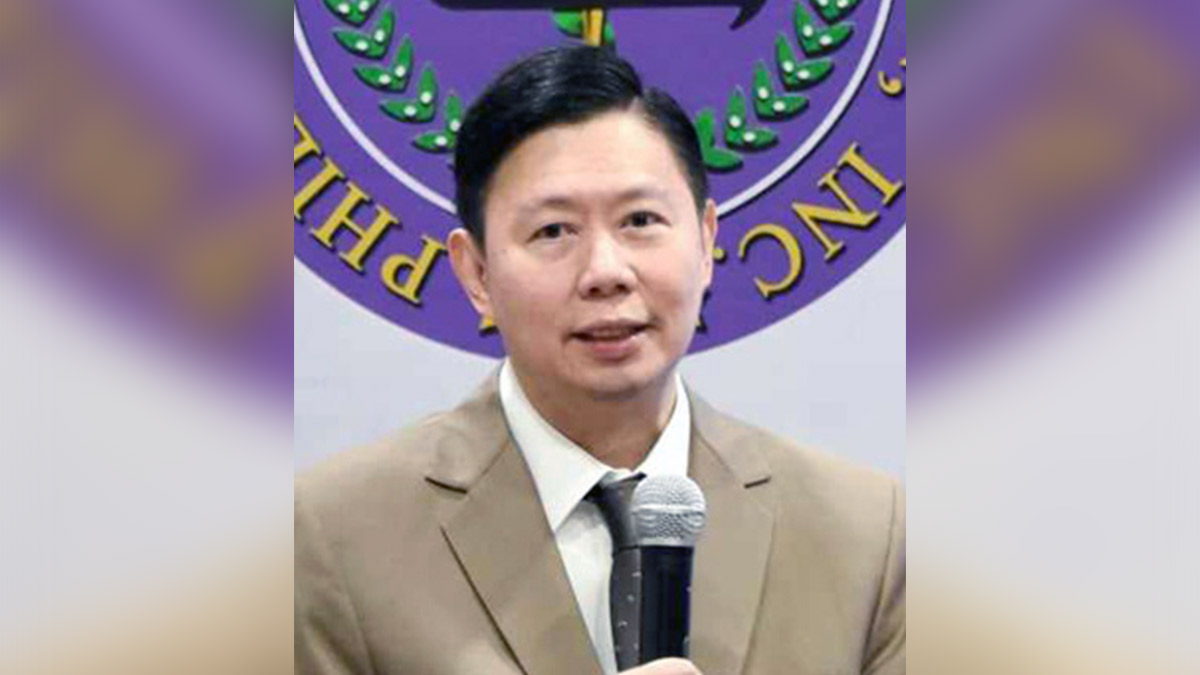
PhilHealth president and chief executive officer Emmanuel Ledesma Jr. —Photo from PhilHealth FB page
MANILA, Philippines — Several senators have expressed their frustration over the continued failure of the Philippine Health Insurance Corp. (PhilHealth) to lower the out-of-pocket medical expenses of Filipinos nearly five years after the enactment of the Universal Health Care (UHC) Act.
At the Senate plenary hearing on the agency’s proposed budget of P68.7 billion for 2025 on Tuesday night, Sen. JV Ejercito pointed out that PhilHealth and the Department of Health had been mandated to implement the landmark measure intended to provide free medical services for all patients within a 10-year period.
Ejercito, the primary author and sponsor of the UHC Act lamented that since its passage in 2019, the law has “hardly made a dent,” as PhilHealth had been ineffective in offering benefit packages, particularly for the most vulnerable sectors such as indigents and senior citizens.
READ: PhilHealth chief on P89B excess funds: Wrong to pin the blame on me
READ: Sen. Padilla denies cursing PhilHealth chief at Senate session hall
The state health insurer, he noted, has practically become a private company as it reported profits in the past several years, including the P89.9 billion in excess funds that Finance Secretary Ralph Recto had ordered to be remitted to the national treasury.
“You should not be proud that you have savings. [You] are not a private corporation,” Ejercito told PhilHealth president and chief executive officer Emmanuel Ledesma Jr.
“How come you had almost [P90] billion in excess funds when, in fact, I know that most of us here experience that a lot of our constituents are still lining up, having a hard time paying for their hospital bills?” he asked.
Responding to Ejercito’s queries, Ledesma defended himself, saying he had actually implemented reforms in PhilHealth’s case rates system in his first two years in office.
“I entered [PhilHealth] in November 2022. Two months after, we adjusted the case rates and that’s the first time it happened in 12 years. Maybe you can give me some slack,” Ledesma told the senator.
“I think it’s wrong to pin the blame fully on me,” he added.
Leadership issue
To which Ejercito retorted, “Who should we blame? Isn’t this a leadership [issue]?”
Ledesma’s demeanor during Ejercito’s interpellation did not sit well with several senators, prompting Senate Majority Leader Francis Tolentino to remind the PhilHealth chief to respect the chamber and its members.
According to Ejercito, ordinary Filipinos had to contend not only with food inflation but also with “medical inflation,” as the cost of hospitalization has steadily increased over the years.
“We are comfortable in our offices, but a lot of people are struggling to pay their hospital bills and that’s the reality,” he said.
Ejercito then presented actual hospital billings to back up claims that PhilHealth had provided scant financial coverage even to paying members.
One of the documents showed that the state health insurer paid only P15,120 out of the patient’s total bill of almost P1.5 million, or a measly 1 percent of the hospital fee.
“It frustrates me because by now, entering the fifth year of implementation of the [UHC], the law should already be felt by the people,” the senator said.